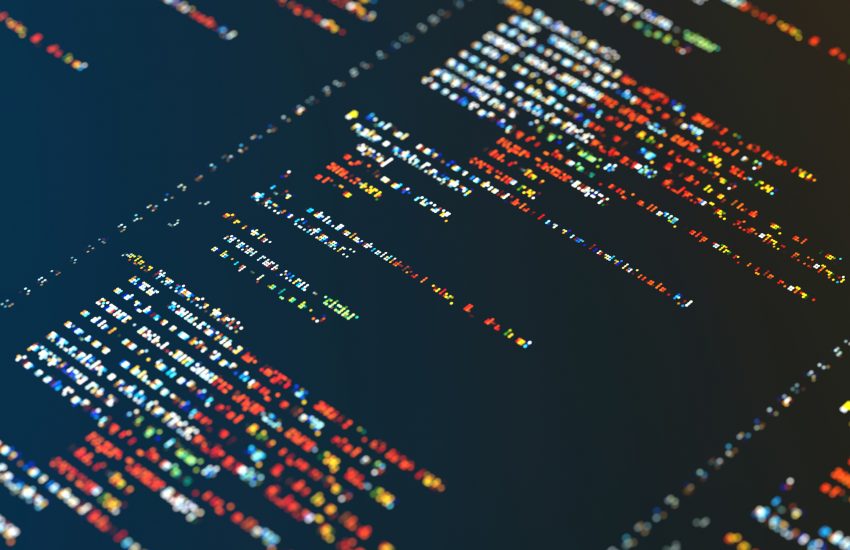The practice of law is not one-size-fits-all. For better or worse, attorneys are generally free to conduct their business as they see fit: working from home, in a traditional office, in large firms, solo practitioners, different practice areas, and different tools. We are guided by certain rules, of course, including the obligation to represent clients competently through technological familiarity. For those who had yet to do so before, we shifted to a remote environment during COVID-19, which forced firms to implement immediate work-from-home mandates and the technological tools needed to do so. The next wave of technology impacting attorneys and other professionals could be use of AI, which comes with uncertainty, perhaps fear, and likely growing pains. Take, for example, a Florida attorney’s recent suspension for misuse of AI.
Reportedly, a Florida attorney was suspended for one year for “fabricating cases” listed on a court submission and claiming the mishap was due to his use of AI. The suspended attorney admitted to using artificial intelligence in assisting to draft his submission, but neglected to fact and case check his citations. According to the grievance committee’s finding, “we understand that artificial intelligence is becoming a new tool for legal research, it can never take the place of an attorney’s responsibility to conduct reasonable diligence and provide accurate legal authority to the court that supports a valid legal argument.”
Change is inevitable and it is the responsibility of all professionals to be mindful of those changes. While it may not be necessary to implement the use of AI into the tool kit of all professionals, we need to be aware of the associated benefits and the risks.

